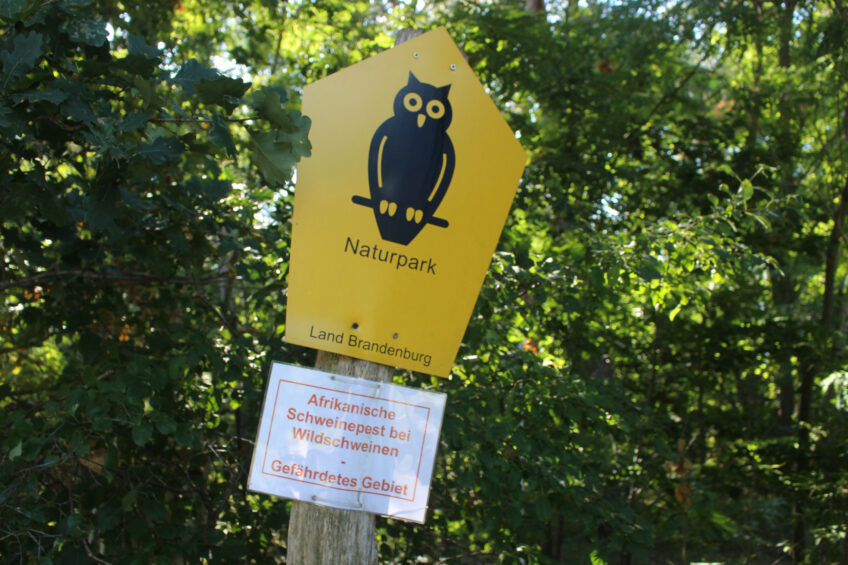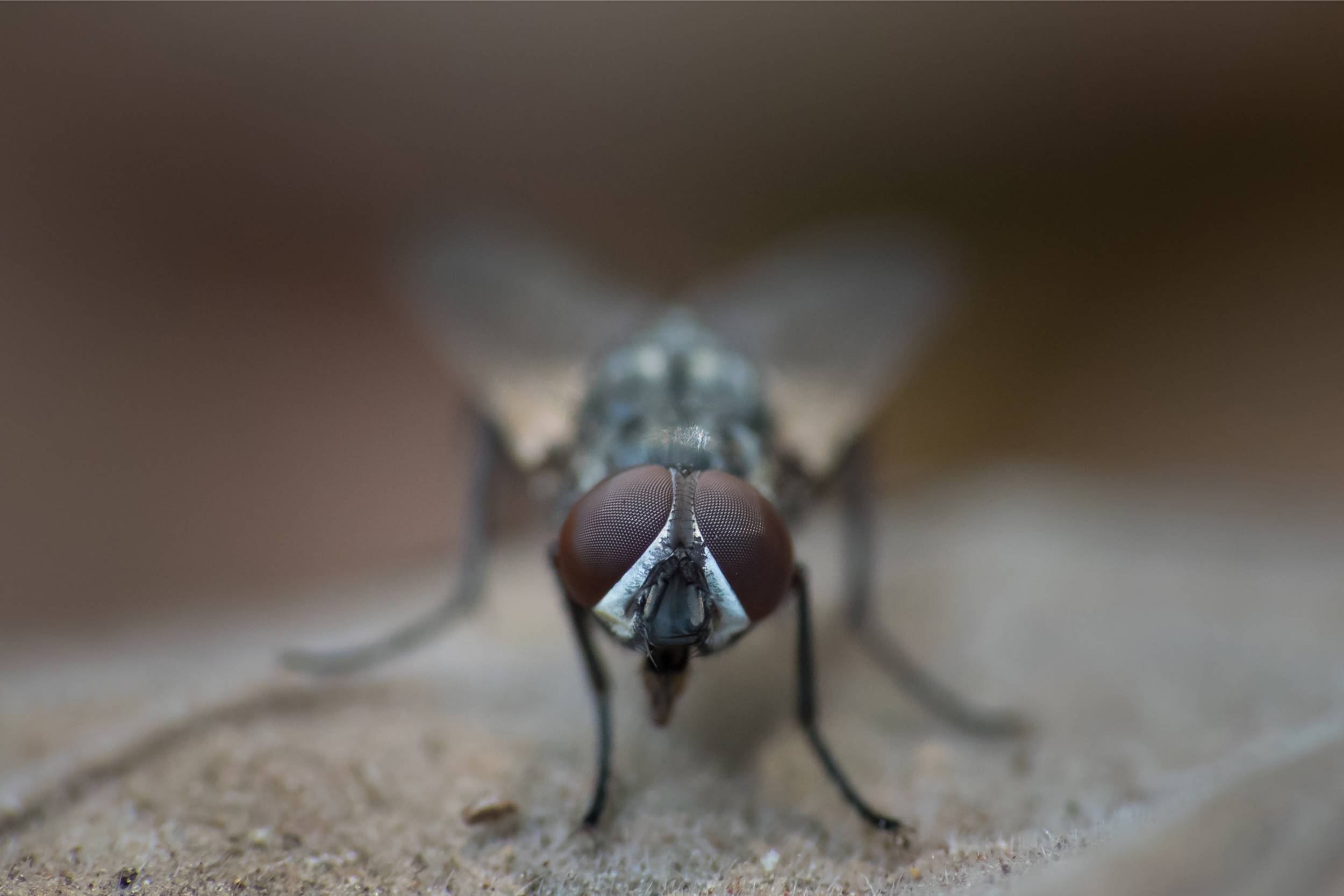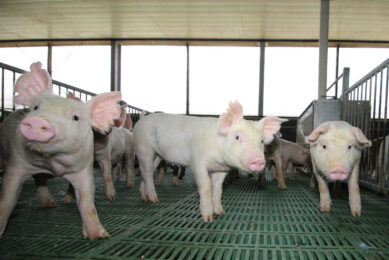ASF Germany: First case in wild boar in the west

For the 1st time since the emergence of African Swine Fever outbreaks in Germany, the virus has now emerged in wild boar in the west of the country.
The World Organization for Animal Health shared that a wild boar has tested positive for African Swine Fever (ASF) near the city Rüsselsheim in Hesse, the state around Frankfurt-am-Main. The sick animal was spotted near country roads, the German reference lab Friedrich-Loeffler-Institut (FLI) said. The animal tested positive on 14 June and was culled. In the direct vicinity also 2 carcasses of wild boar were found, but both tested negative for ASF virus. At the moment, the auhorities are putting up fences to avoid further spread of the virus.
About 5,600 pigs in the surroundings
The area is about 500 km from the Polish border and not directly connected with areas previously infected with ASF. A restriction zone has been established around the location. According to the German agricultural title Top Agrar, in this region there are 76 pig farms with a total of 5,600 pigs. Many of them are relatively small, but one of the farms reportedly has 2,000 pigs on site.
It is unclear how the virus ended up in the state Hesse. A possible road of entrance might be related to the vicinity of 2 motorways (A60 and A67). Wild boar could have consumed garbage that was disposed of at a parking place at either motorway.
Earlier ASF in domestic pigs in western Germany
The outbreak is not the first case of ASF in western Germany – 2 previous cases have recently been reported, but those occurred in domestic pigs on farms. In those cases – in the states Lower Saxony and Baden-Württemberg – culling the pigs on the farms was sufficient to get the virus under control. In this current case in Hessen, however, it is more complex as it is unknown where the virus might be in a wild boar population.
Even though pig production is taking place all over Germany, the state of Hesse is not the top state for swine production. Heavy concentrations of swine farms can be found in Lower Saxony and North Rhine Westphalia, more to the north.











